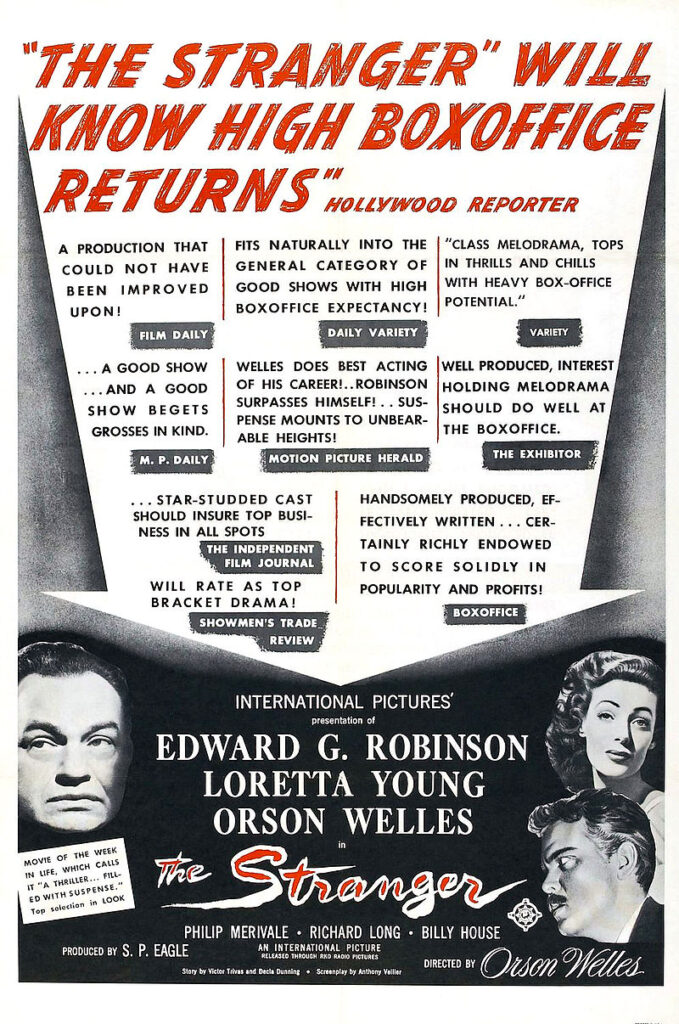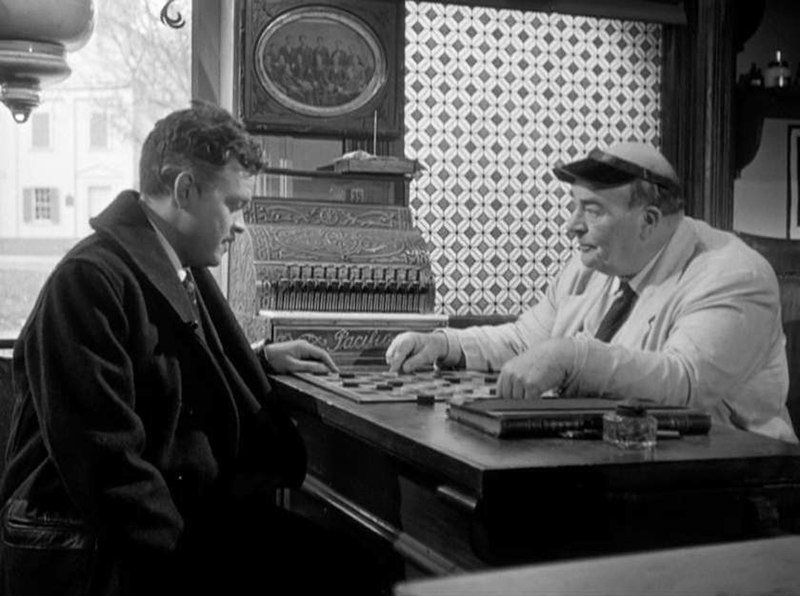
Sometimes all it takes for things to go north or south, is just one moment. There could be a lot of incidents leading to that moment, but in the end all that matters is how one dealt with that single moment. And, everything changes after that.
William Foster encounters one such moment on a hot and humid afternoon, on a Los Angeles Freeway. And he reacts. He simply walks out of his car that is stuck in traffic jam and heads out on a path that he soon finds himself at a point of no return.
Michael Douglas as William Foster shines in a character that evokes empathy inspite of his actions, while Robert Duvall as Sergeant Prendergast, who is on his last day before retirement, does a fabulous job.
The best part of the movie is that the ‘falling down’ can happen to anyone and this quote from a review sums it up.
This guy is you, the movie suggests, and if not you exactly, then maybe the guy you’re one or two bad breaks from becoming. At one time or another, we’ve all thought these thoughts, and so when this downtrodden, laid-off, teed-off L.A. defense worker gets out of his car on a sweltering day in the middle of rush hour and decides he’s not going to take any more, it comes as no surprise”, adding “as he did in Fatal Attraction and Wall Street, Douglas again takes on the symbolic mantle of the Zeitgeist.
Hal Hinson, The Washington Post
Tailpiece: Films like 'Mad City' (John Travolta- Dustin Hoffman), John Q (Denzel Washington-Robert Duvall) explored a similar concept, ala reverse buddy cop films.


